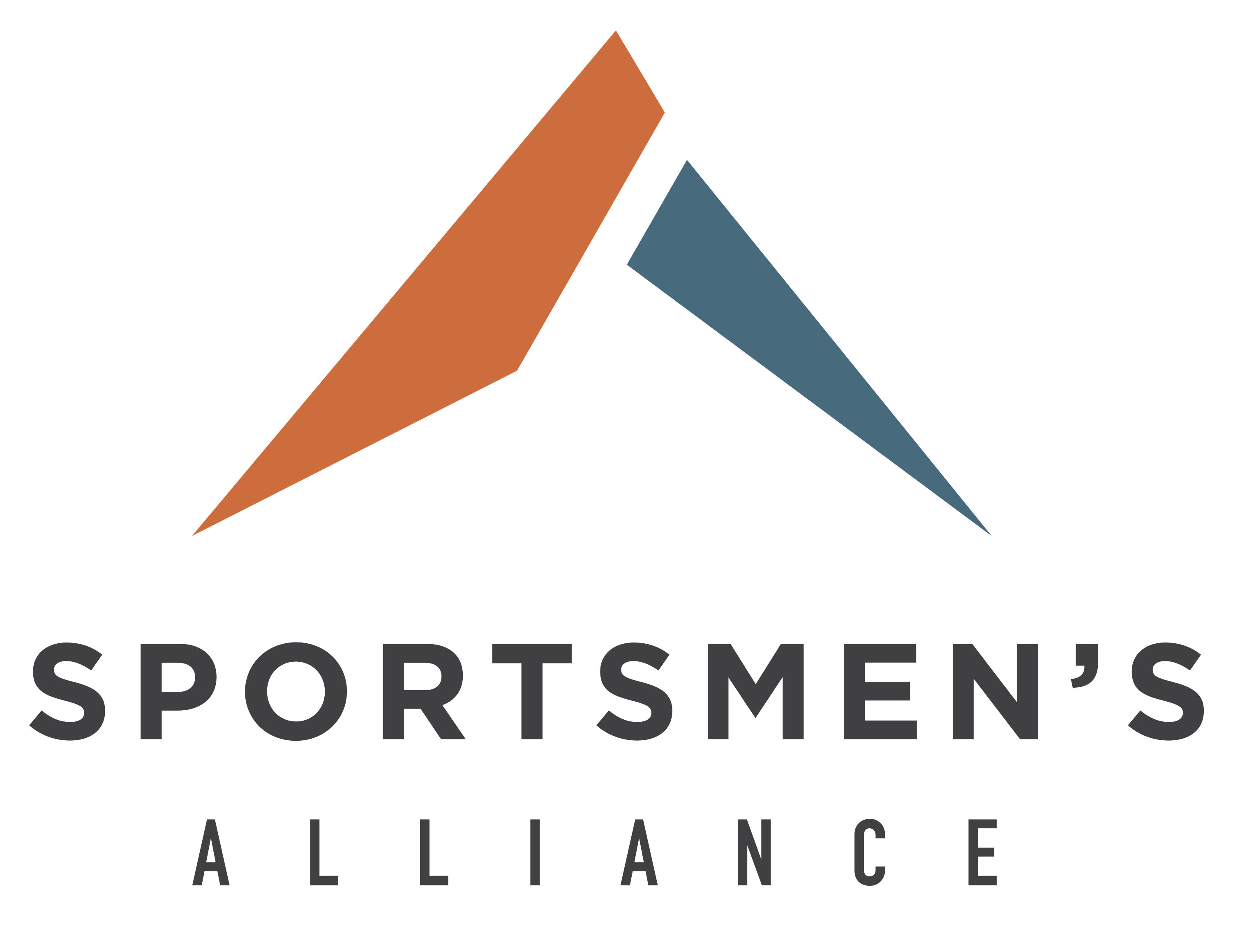Masked Bandits: Humane Society of United States
By Glen Wunderlich
Outdoor Columnist
Member Professional Outdoor Media Association
When the Humane Society of the United States (HSUS) describes the good it does in the name of their causes, it’s hard to argue. With over $100 million generated annually, even a tiny fraction of that amount effectively paints an image of animal welfare above all else. It’s a beautiful thing. But, more telling about its operation is what it doesn’t choose to disclose.
It says it’s against certain types of hunting that it defines as unfair. Good enough. Similarly, I hate what poachers do, because they have no regard for the science of game management; for the same reason, I have disdain for HSUS.
Here are some quotes from its website: “The vast majority of species that are hunted—waterfowl, upland birds, mourning doves, squirrels, raccoons, rabbits, crows, coyotes, etc.—provide minimal sustenance and do not require population control.” – HSUS Website 2003.
It rules out the notion that small game can constitute the main course in a balanced meal rich in lean protein sans hormones and chemicals. Taking a bag limit of squirrels or doves, or just using a freezer until there’s enough small game to satisfy a man-sized appetite solves that problem of “minimal sustenance”, does it not?
But, when it comes to crows and coyotes providing minimal sustenance, I think they’re off target a bit.
In a 1992 debate on WJNO Radio in West Palm Beach, Florida, Wayne Pacelle, currently HSUS President and CEO, then representing the Fund for Animals, openly admitted his goal to ban all hunting. Here some of what he stated in the debate:
Interviewer: “Where would your organization support black bear hunting – anywhere in the United States?” Pacelle: “Nowhere”
Interviewer: “Where does your organization support the hunting of deer – anywhere in the United States?” Pacelle: “Nowhere”
Interviewer: “Where, in the United States, does your organization support any hunting of any species?” Pacelle: “Nowhere”
Interviewer: “So the real agenda and goal of Fund For Animals is a total ban on all hunting everywhere?” Pacelle: “Yes.”
Granted, Pacelle wasn’t at the throne of HSUS when he made these statements but is there any hunting HSUS supports with him at the helm? If there is, I haven’t found out about it. Its focus is always to bite away at the edge of hunters’ rights like a savage piranha. And, donors’ money is no object.
But before the HSUS spends a dime, it practices selfishness in rare form. Like politicians that vote themselves raises, the HSUS staff is always Numero Uno.
Charity Navigator, America’s self-proclaimed premier independent charity evaluator, works to advance a more efficient and responsive philanthropic marketplace by evaluating the financial health of over 5,500 of America’s largest charities. Through federally mandated financial disclosures, potential donors can learn how specific organizations use their money.
Recently, HSUS has been downgraded to a 3-star rating. In fact, 24.2 percent of donations are used to solicit more money. And, its staff of lawyers and executives claim millions in wages and benefits. (Check out charitynavigator.org to learn the truth about your favorite non-profit organization.)
And, this from the most notorious opponent of HSUS, Center for Consumer Freedom: Seventy-one percent of Americans questioned in an opinion poll wrongly believe the Humane Society of the United States (HSUS) is an “umbrella group” for America’s local humane societies. Sixty-three percent incorrectly think their local “humane society” is affiliated with HSUS. And fifty-nine percent falsely believe HSUS “contributes most of its money” to local organizations that care for cats and dogs.”
They are all wrong. And, in my anecdotal experience, the numbers have been even higher!
The poll, which sampled the opinions of 1,008 Americans, was commissioned by the nonprofit Center for Consumer Freedom (CCF) and conducted by Opinion Research Corporation (ORC) of Princeton, New Jersey.
What HSUS is good at is raising money from unsuspecting donors – and, of course through strategic litigation schemes against taxpayer-funded government agencies. It is an advocacy group representing itself far beyond any self-proclaimed cause. Just follow the money to its lucrative executive pensions and pay. That’s millions of dollars that donors could use more effectively.
To really help sad animal faces like those shown on TV, donate to your local Humane Society, which is not affiliated with the national masked bandit. Or, go ahead and plant balanced, nutritious food plots for wildlife. Both means of helping animals will have a profound, direct, and positive effect.







